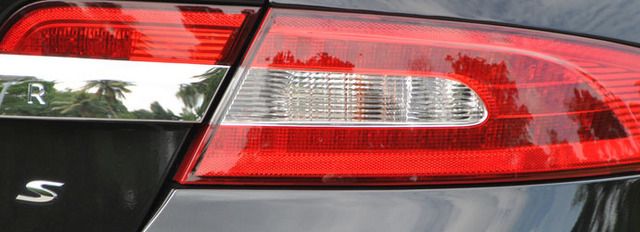Jaguar XF S 3.0 diesel Review: Torque Spinner
Is the diesel XFS brilliant enough to tempt executive car buyers away from petrol power? We weigh up the pros and cons.



Despite it being a very good car, the diesel powered XFS has one deterring factor - its high diesel passenger tax on top of the regular road tax. The annual special tax for a Euro-IV diesel car will be computed based on $1.25 per cc of engine capacity, subject to a minimum annual payment of $1,250. This is in addition to the usual road tax. This equates to more than $4k per annum for the XFS, which means it is taxed roughly as heavily as the 5-litre petrol XFR here.
Diesel might be cheaper than petrol at the pumps and a diesel engine consumes significantly less than an equivalent petrol but the tax penalties are still too high to negate these benefits. Unless of course if you are a high mileage driver that do at least 30,000km per year. Moreover, the cost of buying a diesel model is higher than an equivalent petrol version. The XFS comes in at $245,000 while a mid spec XF 3.0 V6 Luxury Plus will set you back a significant $25k or roughly ten percent less.
So unless the authorities decide not to tax diesel passenger cars as heavily or drop the tax altogether, the diesel XFS' case won't be as strong over here. The authorities need to rethink or even abolish the diesel tax structure to create an even more level playing field with petrol power for clean diesel power - diesels after all, are more economical and emit less CO2 and hence more environmentally friendly. Until then, we'll never know if Rudolph Diesel's greatest creation is the next alternative source of fuel for us here in Singapore.
Credits: Story by William Whey Photos by Raymond Lai








Get the Best Price for your used car
from 500+ dealers in 24 hours

- Convenient and Hassle-Free
- Consumer Protection
Transparent Process
With No Obligation








